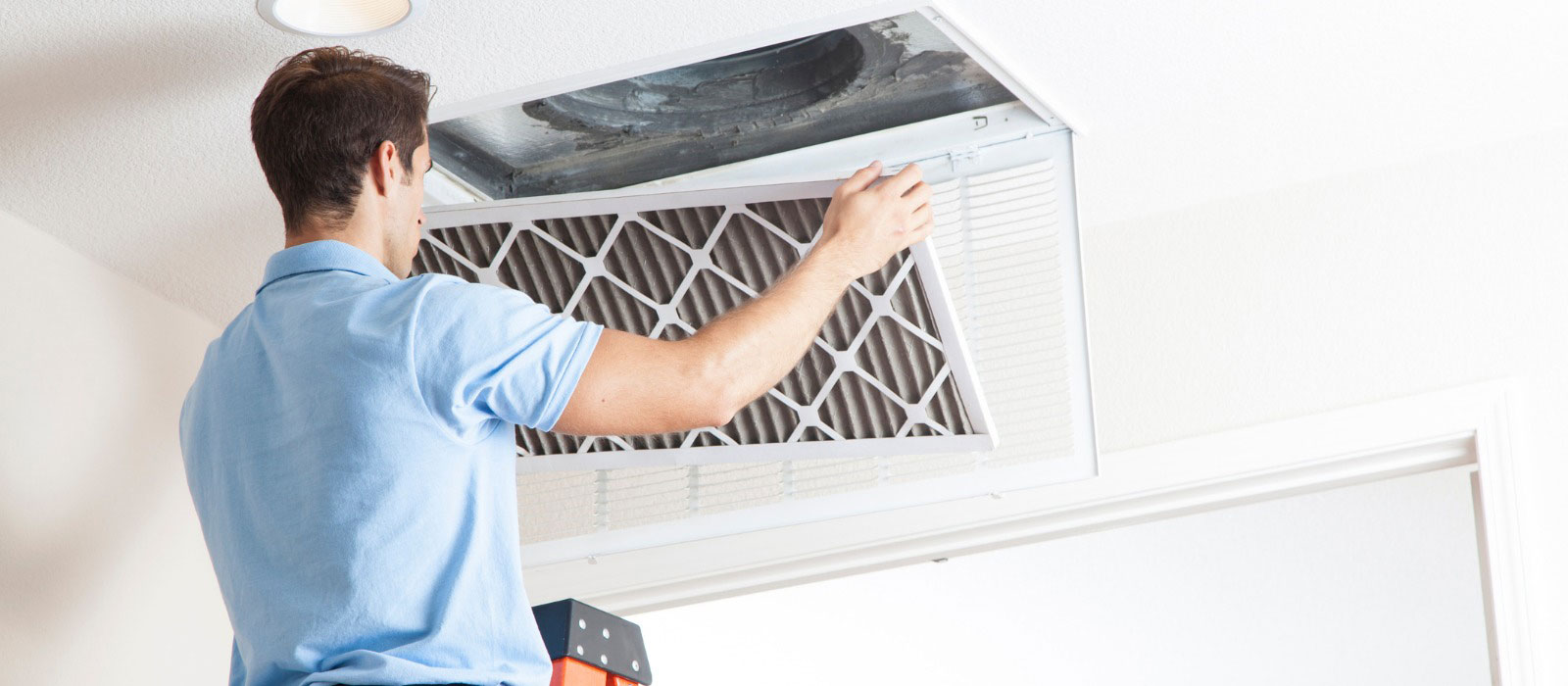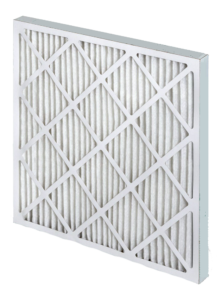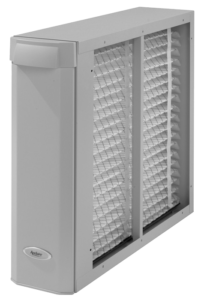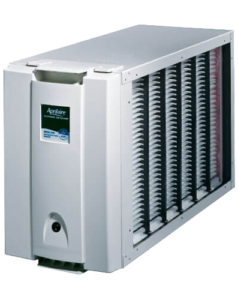Media Filters vs. HEPA Filters vs. Electronic Air Purifiers
The average person breathes in nearly 2,000 gallons of air a day. So it’s important to take measures when it comes to the quality of the air you breathe. In fact, it’s been said that indoor air can be up to 5 times more polluted than outdoor air, because it often contains microscopic particulates such as dust, bacteria, contaminants, pollen and even viruses. If you or someone in your home suffers from allergies or asthma, these harmful particulates can lead to indoor conditions that trigger symptoms and attacks.
Indoor air quality products such as media filters, HEPA filters, electronic air cleaners and UV lights have been proven to help improve the quality of air. But what are the differences and which one is right for you? We’ll discuss each below.
Media Filters
Similar to a lint trap in your dryer, a media air filter collects dust, dirt and other particles from the air as it passes through your home’s HVAC system. Media air cleaners come in sizes ranging from 1” to 4” in thickness and should be changed every few months to enhance air quality and avoid air blockages. These filters are most effective at protecting your HVAC system from large particles but when it comes to capturing smaller, microscopic particulates they are not as effective.
HEPA Filters
HEPA filters are designed to block 99.97% of all particles 0.3 micron or larger. These filters are highly suggested in homes that have occupants that suffer from allergies or asthma. HEPA filters do require some HVAC modifications in order to install and usually need to be replaced every few years with regular cleanings. One downside to HEPA filters is that without regular cleanings, they can restrict air flow causing more strain and pressure on your HVAC system.
Electronic Air Cleaners or Purifiers
Electronic air cleaners use an electrical field to attract and trap particles, it’s easy to think of them as dirt magnets. Most electronic air cleaners also contain a built-in UV component (if not they can be purchased as an add-on) that kills harmful bacteria and viruses. Like HEPA filters, electronic air cleaners do require HVAC system modifications to install and regular filter cleanings for highest possible efficiency.
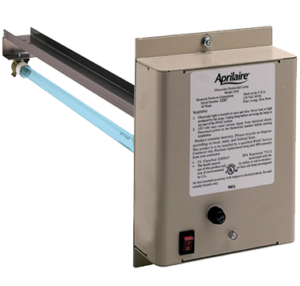 Ultraviolet Filters / Lights
Ultraviolet Filters / Lights
UV lights are depended on by hospitals, nursing homes and even NASA to keep indoor air sterilized and free of bacteria and other harmful particles. They are installed in your HVAC system’s return air duct and work to sterilize air as it passes through the system.
Each indoor air quality solution offers its own set of pros and cons. If you need help deciding which is best for your home and family contact us or schedule a free consultation now!


